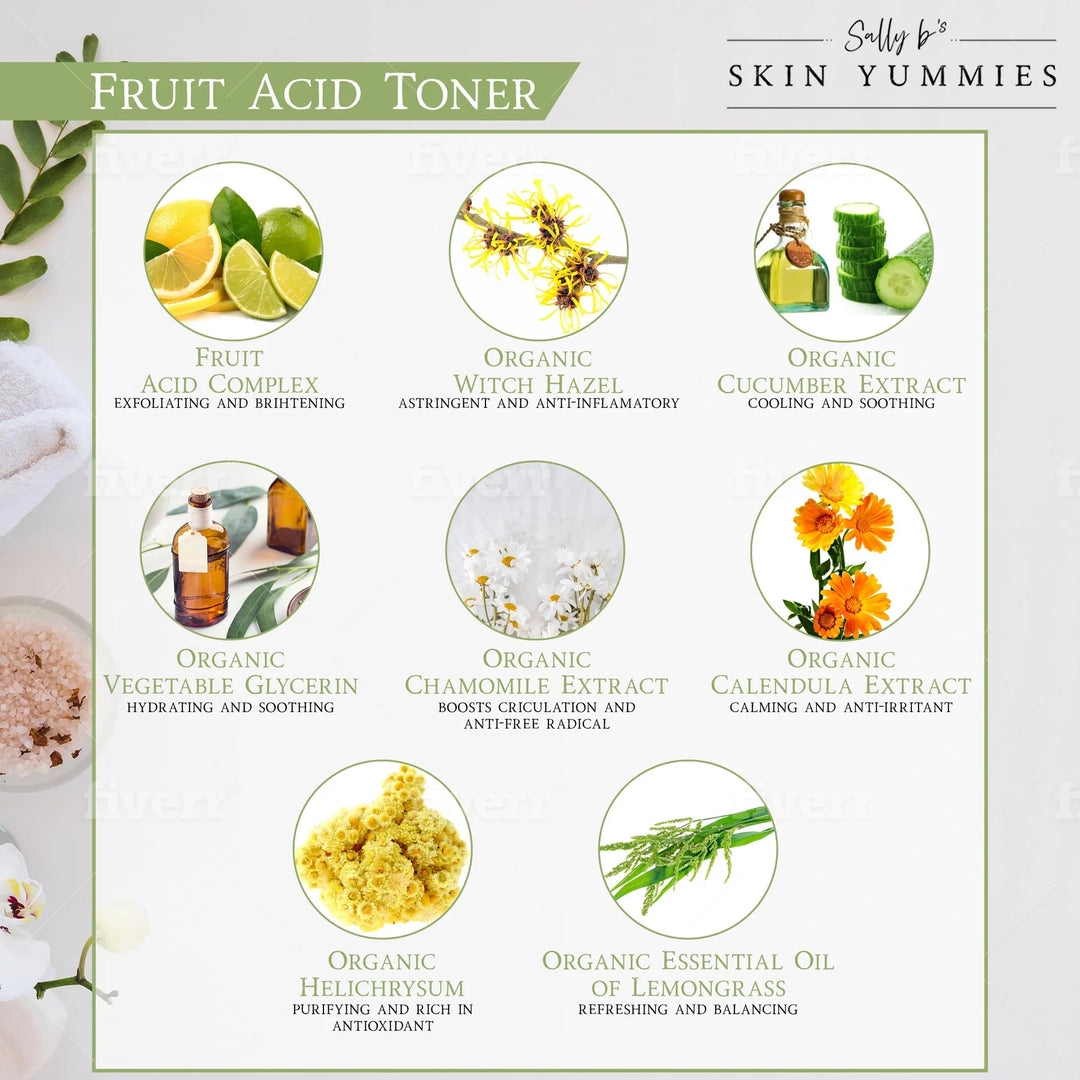The Hidden Dangers of Petroleum Jelly: Time for a Healthy Alternative

There are few products whose popularity has spanned decades, and petroleum jelly is one of them. To this day, this cabinet staple can be found in bathrooms of young and old. If you’re like me, your grandma sang its praises, explaining that it could moisturize your lips, coax off a too-tight ring, heal a wound, and cure diaper rash. She used it, your mom used it, and, therefore, you probably have a plastic container of it somewhere in your house. But did you know, despite its laundry list of uses, that petroleum jelly is bad for you?
What is Petroleum Jelly?
Just as its name suggests, petroleum jelly, also known as petrolatum, is derived from petroleum—a toxic crude oil. While it can be found in countless households, many people are unaware of the potential dangers of petroleum jelly. Despite claims that it’s safe when properly refined, many brands in the U.S. do not fully refine their products. This can leave behind harmful chemicals called polycyclic aromatic hydrocarbons (PAHs), raising the question: is petroleum jelly toxic?
The Risks of Using Petroleum Jelly
The truth is, petroleum jelly is bad for you. While it can create a barrier that locks in moisture, it doesn't provide any moisturizing benefits on its own. Instead, it acts as an impermeable layer that can trap dirt, sweat, and bacteria on your skin. This barrier effect can deter any beneficial ingredients contained in other products from reaching your skin. Additionally, because petroleum jelly is not water soluble, it doesn't wash away easily, leading to build-up over time.
Is Vaseline Bad for You?
Many people use Vaseline, a popular brand of petroleum jelly, without realizing the potential consequences. So, is Vaseline toxic? The dangers of petroleum jelly, including Vaseline, stem from its petroleum-based origins and the potential for harmful contaminants.
Choose Safer Alternatives
To avoid the dangers of petroleum jelly in your skincare routine, consider these tips:
- Avoid products containing mineral oil, paraffin, naptha, and formaldehyde, as these are derived from petroleum.
- Be mindful of your environment: These ingredients are also prevalent in candles. Opt for soy or beeswax candles to reduce inhalation of toxic substances.
- Seek eco-friendly alternatives that naturally moisturize and hydrate, such as beeswax, coconut oil, olive oil, shea butter, and cocoa butter.
Introducing B Soothed: A Safe Alternative
At Sally B's Skin Yummies, we understand the need for versatile and safe skincare products. That’s why we created B Soothed, a non-toxic alternative to petroleum jelly made from all plant-based, organic ingredients and organic beeswax. Since its debut in 2012, B Soothed has become a collection favorite and offers a mild, effective solution without any added fragrance. The only scent comes from the organic ingredients themselves.
Benefits of B Soothed
B Soothed can be used for various purposes, including:
- Diaper rash ointment
- Burn and blister relief
- Overnight lip moisturizer
- Razor burn relief
- Moisturizing dry skin
- Softening rough patches
- Soothing sensitive areas
This EWG VERIFIED™ product is suitable for most skin types and is a must-have for your bedside, gym bag, makeup bag, or car. We’d love to know how you use B Soothed!
Frequently Asked Questions
Is petroleum jelly bad for you?
Yes, petroleum jelly dangers are not always apparent. Petroleum jelly can be bad for you due to its petroleum-derived origins, and potential contaminants.
What are the dangers of petroleum jelly?
Petroleum jelly can lock in dirt and bacteria on your skin, prevent beneficial ingredients from penetrating, and lead to buildup over time.
Is Vaseline toxic?
Vaseline, a type of petroleum jelly, can be considered toxic due to its petroleum base and the presence of harmful chemicals if not properly refined.
What are safer alternatives to petroleum jelly?
Consider using natural options like beeswax, coconut oil, olive oil, shea butter, and cocoa butter for moisturizing and healing.
Shop here for B Soothed and be sure to browse our site for other safe alternatives to toxic “health” and beauty care products that commonly contain harmful additives.






What won’t I be using it for? Can’t wait to get some!
Awesome product! How about as an eye makeup remover? Thanks for all the information-
Wendy
Leave a comment